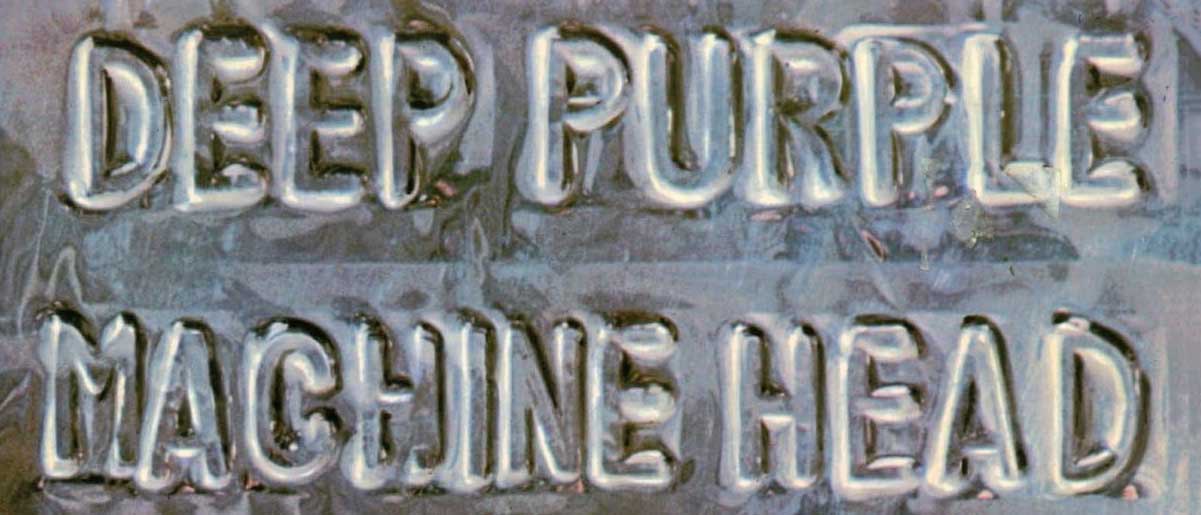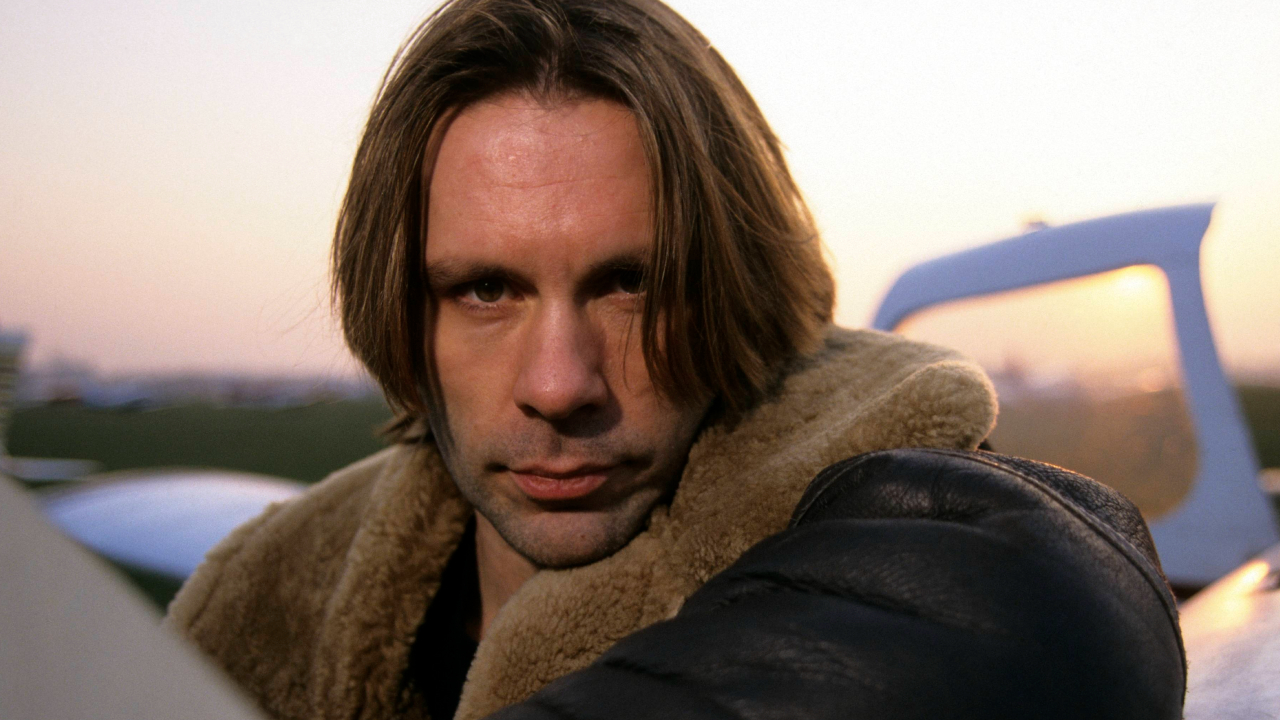You can trust Louder
Yup, the one with Smoke On The Water. That song, and this album, broke Deep Purple in America and made them legends all over the globe to this day. This, essentially, is a three-CD version. The first disc pairs the Dweezil Zappa 2024 Remix with the 2024 Remaster; the second contains In Concert ’72, the third delivers the previously unreleased Montreux ’71.
Given that you already own at least one copy of Machine Head and possibly bought In Concert ’72 on CD in 2012, you’ll need to know that this £100 box also contains: a 60-page booklet, Dweezil’s remix on vinyl in gatefold sleeve, and a Blu-ray audio disc containing a Dolby Atmos version, the 1974 quadrophonic mix, and some Dolby 5.1 surround versions.
In Concert ’72 is a DJ-interrupted but otherwise superb BBC radio show recorded on the eve of Machine Head’s release, three months after the Rolling Stones Mobile trundled away from the Grand Hotel. Its value here is to underline how quickly Purple’s studio work evolved once performed live – confirmed another five months on when half of Machine Head was immortalised on Made In Japan.
Montreux ’71 was recorded at the lakeside resort’s casino eight months before the Frank Zappa gig was ended by the fire that inspired Smoke On The Water. It’s worth hearing for Jon Lord’s keyboards alone, but out of synch, as the gig was taped before sessions for Machine Head’s predecessor, Fireball, were complete. Ritchie Blackmore slams Fireball as the result of being “worked to death by the management”, and credits the time afforded to the Swiss sessions with making Machine Head “my favourite LP with Purple”.
So Dweezil, you had most of 2023… whadaya got? Delicious detail, mostly – using separation technology simply unimaginable to engineer/mixer Martin Birch in 1972. Over running times closer to the 2012 remasters than to Glover’s slightly longer 1997 remix, the bass and Ian Paice’s drums take another step forward.
Guitar solos sound bigger, too – the one in non-album ballad When A Blind Man Cries now as stunning as Gillan’s vocal… Superficial differences, probably, but collectively reinforcing Glover’s insistence that Purple succeeded because of “a mix of the musicianship of Ritchie, Jon and Ian Paice, and the sort of naive, homemade, simple quality of the songwriting that Ian Gillan and I brought to the band”. That mix was never stronger than on Machine Head, and never clearer than it is now.
Freelance contributor to Classic Rock and several of its offshoots since 2006. In the 1980s he began a 15-year spell working for Kerrang! intially as a cub reviewer and later as Geoff Barton’s deputy and then pouring precious metal into test tubes as editor of its Special Projects division. Has spent quality time with Robert Plant, Keith Richards, Ritchie Blackmore, Rory Gallagher and Gary Moore – and also spent time in a maximum security prison alongside Love/Hate. Loves Rush, Aerosmith and beer. Will work for food.


